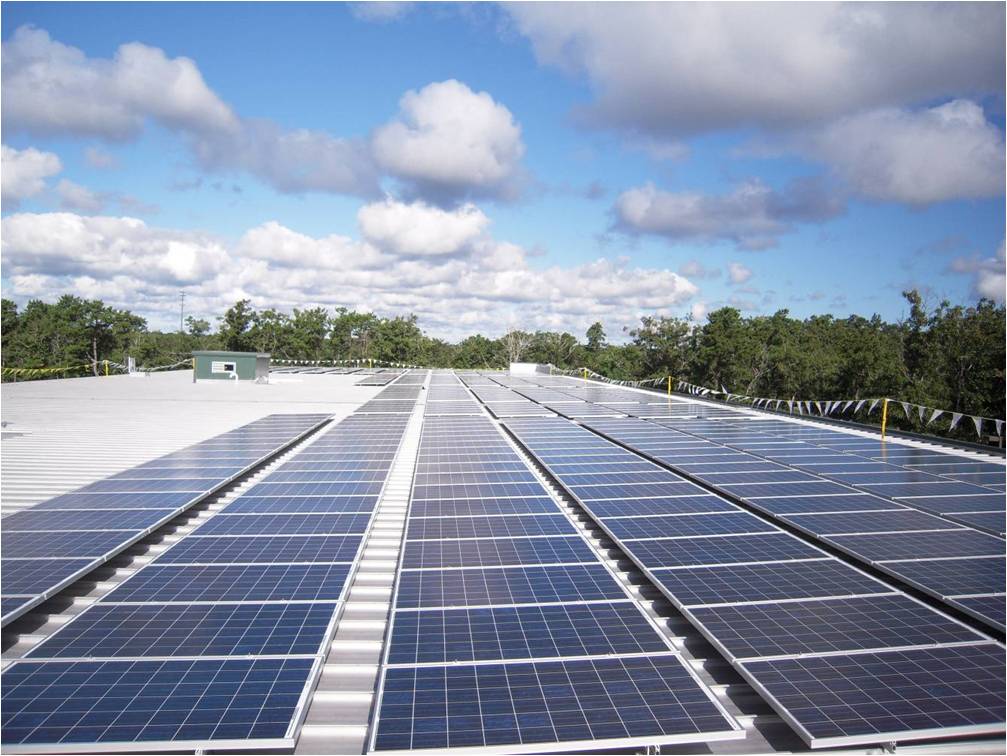 SRECs and RECs are integral parts of the Massachusetts Renewable Portfolio Standard (RPS) which requires an increasing percentage of the state’s electricity supply to come from renewable energy sources. The required percentage of renewable energy in Massachusetts is increasing by 1% each year and the requirement is targeted to reach 15% by 2020 with an additional 1% each year thereafter. For example retail electric suppliers must provide a minimum percentage of 9% renewable energy as a percentage of sales by the end of 2014.
SRECs and RECs are integral parts of the Massachusetts Renewable Portfolio Standard (RPS) which requires an increasing percentage of the state’s electricity supply to come from renewable energy sources. The required percentage of renewable energy in Massachusetts is increasing by 1% each year and the requirement is targeted to reach 15% by 2020 with an additional 1% each year thereafter. For example retail electric suppliers must provide a minimum percentage of 9% renewable energy as a percentage of sales by the end of 2014.
A Renewable Energy Certificate, or REC as it is commonly known, represents the positive environmental attributes associated with clean energy production. This is independent of, and in addition to, the electricity component of clean energy production. Effectively a REC is one of two components that renewable energy generators produce: electricity and RECs. Every time 1000 kWh (1 MWh) of electricity is produced by a qualified renewable energy facility, that facility produces a REC as well. These RECs once minted can be traded and sold to retail electric suppliers (utilities that generate electricity) to help them fulfill their renewable energy obligation. RECs can be created by a number of renewable energy sources including: solar PV; geothermal; marine or hydrokinetic energy; low-emission advanced biomass; low impact small hydroelectric; landfill methane gas; fuel cell; wave/tidal energy; ocean thermal electric; wind; and solar thermal electric. REC prices trade in a range that is in part determined by an Alternative Compliance Payment (ACP) Rate set by the Massachusetts Department of Energy Resources. If retail electric suppliers are unable to procure enough RECs in the marketplace to satisfy their renewable energy obligation they must pay a penalty at the Alternative Compliance Rate. Therefore electric suppliers have been incentivized to purchase RECs in the open market place to avoid the ACP.
A Solar Renewable Energy Certificate, or SREC, is virtually the same as a REC except that SRECs are associated with energy from solar photovoltaic systems. Because they have a separate and higher ACP than regular RECs, SRECs often command a higher market price. The Department of Energy Resources (DOER) has also utilized a price support auction to aid SREC pricing. This auction is often referred to as the Solar Credit Clearinghouse Auction or DOER Auction. While the majority of SREC sales occur in the open market through SREC brokers the Solar Credit Clearinghouse Auction is an important option for solar installation owners.
To understand your options in brokering your RECs or SRECs contact Suntility Electric and we can discuss what is available to you in the marketplace to assist you in selling your certificates.
Suntility is your trusted partner in success. Suntility provides renewable energy maintenance services, utility credit services, owner’s agent services and consulting solutions to optimize facility reliability, performance and value.
To learn more contact us at 508-566-6322
